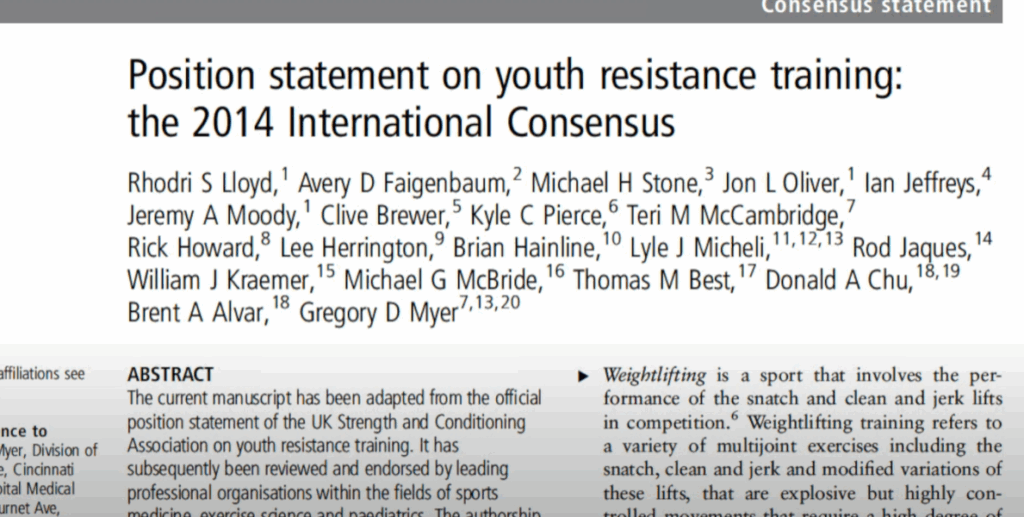Fitness advice is everywhere—but how much of it is actually true? Over the years, some ideas have become popular despite lacking scientific support. In this article, we’ll debunk 10 widespread fitness myths using updated research, experience, and real-world insight. Whether you’re training for strength, fat loss, or just general wellness, these clarifications will help you make smarter decisions and avoid common pitfalls.
1. Myth: High-Protein Diets Harm Your Bones and Kidneys
This concern usually stems from outdated research suggesting that excessive protein might leach calcium from bones or overload the kidneys. However, more recent findings paint a different picture.
Research published by the National Osteoporosis Foundation shows that protein, when consumed as part of a balanced diet, actually has a mildly beneficial effect on bone health. As for kidney concerns, high protein intake may worsen issues in people with pre-existing kidney disease—but there’s no evidence it harms healthy individuals.
Verdict: High-protein diets are safe and beneficial for most people, especially those who lift weights.

2. Myth: The “Anabolic Window” Post-Workout Is Critical
For years, gym-goers were told to slam a protein shake immediately after training or risk losing gains. But how necessary is that post-workout rush?
Modern research shows that the timing of protein intake is far more flexible than previously thought. If you’ve had a protein-rich meal a few hours before training, you’re already covered during the post-workout period. In fact, muscle protein synthesis stays elevated for up to 48 hours after a workout.
Takeaway: Total daily protein intake matters more than the exact timing. However, if you train fasted or have another session later in the day, quicker post-workout nutrition may be more important.
3. Myth: Sugar Directly Causes Obesity and Diabetes
Sugar often takes the blame for rising obesity rates, but the truth is more nuanced. While consuming too many sugary foods can lead to weight gain, sugar alone isn’t inherently fattening or directly responsible for type 2 diabetes.
National dietary data from the U.S. shows that although sugar intake has declined since the late 1990s, obesity rates continue to climb. This suggests other factors, like overall caloric intake and lifestyle habits, play a larger role.
Conclusion: Sugar isn’t the enemy—but eating lots of processed, calorie-dense foods is. Keep added sugar intake in moderation and prioritize whole, nutrient-rich foods.
4. Myth: Lifting Weights Stunts Growth in Children
This myth dates back to mid-20th-century studies of child laborers, many of whom were short in stature. But causation was never established, and newer research contradicts the idea entirely.
Leading pediatric health organizations—including the American Academy of Pediatrics—now support supervised strength training for children and adolescents. When done correctly, weight training improves bone density, motor skills, and overall health without affecting height.
Fact: Strength training is safe for kids when properly supervised and scaled to their developmental level.

5. Myth: You Can Only Use a Small Amount of Protein at Once
There’s a belief that your body can only “use” 20–30 grams of protein per meal. Everything beyond that, supposedly, is wasted. But that’s not quite accurate.
The body can absorb nearly all ingested protein. The real issue is how much of that protein contributes to muscle-building (muscle protein synthesis). Research suggests that spreading protein across several meals—each with around 0.4 to 0.55 grams per kilogram of bodyweight—is optimal for hypertrophy.
Bottom Line: Aim for 3–5 protein-rich meals daily, but don’t stress if you eat more protein in one meal. Total daily intake is still king.
6. Myth: Fasted Cardio Burns More Fat
Fasted cardio (doing cardio before eating) is a popular technique among dieters. While it may increase fat oxidation during the session, that doesn’t necessarily translate to more fat lost overall.
A comprehensive review in 2017 concluded that whether you do cardio fasted or fed, the difference in total fat loss is negligible—as long as your calorie balance remains the same.
Best Approach: Do cardio when it best fits your lifestyle and energy levels. Your total calorie deficit is what truly matters for fat loss.
7. Myth: Eating Carbs Before Bed Leads to Fat Gain
This myth suggests that eating carbs at night leads to fat storage due to a slower metabolism during sleep. But that’s not how metabolism works.
For healthy individuals, sleep doesn’t shut down metabolic processes. In fact, studies show that total daily intake is what determines fat gain, not meal timing. Carbs also help with sleep quality and recovery, which can indirectly support fat loss and performance.
Smart Strategy: Eat in a way that fits your lifestyle. Late-night carbs won’t hurt if they’re part of your overall calorie and macronutrient targets.
8. Myth: Foam Rolling Dramatically Boosts Recovery and Flexibility
Foam rolling has exploded in popularity as a recovery tool. While some studies show minor improvements in flexibility and reduced muscle soreness, results are mixed.
If you enjoy it and it helps you feel looser before workouts, there’s no harm. However, don’t expect miracles—especially if you’re already doing a solid warm-up routine.
Final Word: Foam rolling can be a helpful addition, but dynamic stretching and consistent training are more impactful for performance and recovery.
9. Myth: Energy Drinks Are Always Dangerous
Energy drinks have been criticized for high sugar content and stimulants like caffeine. While overuse can pose risks—especially for people with heart issues—moderate consumption is generally considered safe for healthy adults.
Caffeine has proven performance benefits, and diet energy drinks eliminate the sugar issue. Just keep your intake within the recommended 400 mg of caffeine per day, and avoid combining with other stimulants.
Advice: Check your personal tolerance, monitor how you feel, and don’t rely on energy drinks as your main energy source.

10. Myth: Weight Loss Can Stall Due to “Starvation Mode”
“Starvation mode” implies that eating too little causes your body to stop losing fat. While metabolic adaptation does occur during dieting (your body burns fewer calories), fat loss doesn’t just shut off.
If your weight has plateaued, it’s likely due to:
- Under-tracking calories
- Increased water retention
- Decreased non-exercise activity (NEAT)
True metabolic slowdown isn’t enough to prevent fat loss entirely if you’re genuinely in a calorie deficit.
Truth: If fat loss has stalled, reassess your intake, activity, and stress levels. You’re probably closer to your goal than you think.
Final Thoughts
Fitness myths are often rooted in half-truths or outdated science. But as research evolves, so should our approach to training and nutrition. Instead of clinging to blanket rules, it’s better to understand the nuances and adjust based on your goals, preferences, and lifestyle.
Want more myth-busting or help customizing your routine? Reach out or subscribe for the next installment, where we tackle 15 more myths head-on.



